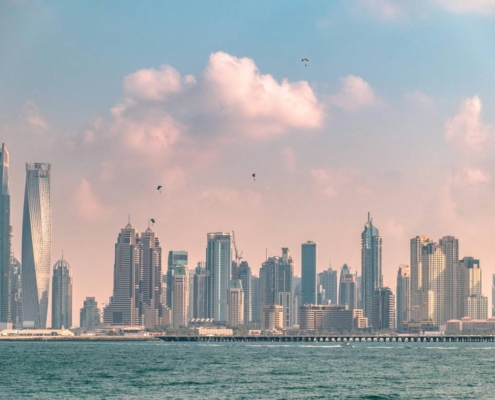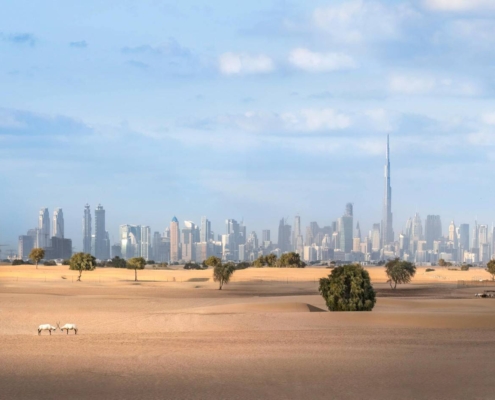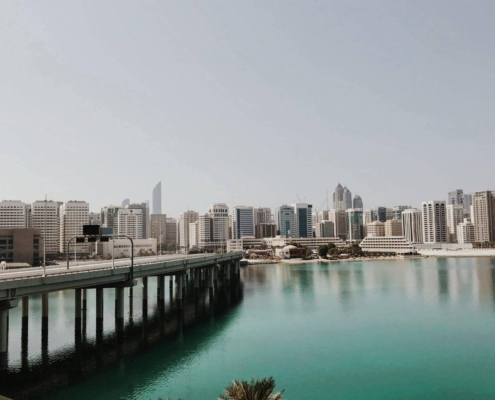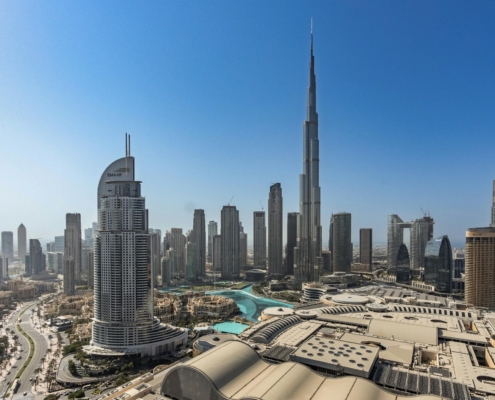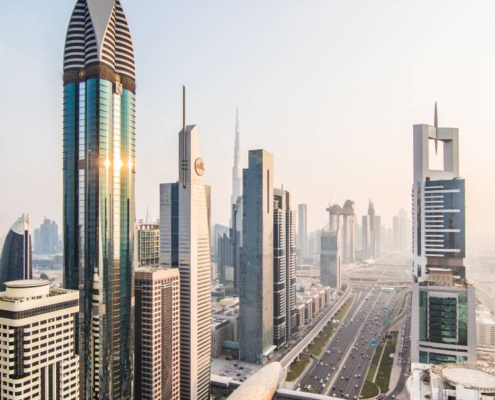 https://nobilior.com/wp-content/uploads/2025/09/Uae-investment-firm.webp
1125
750
Reza
https://nobilior.com/wp-content/uploads/2025/08/Transparent-logo-nobilior-559x430.png
Reza2025-09-25 08:46:372025-09-25 08:46:38How to Invest in the UAE: A Guide to Stocks, Real Estate, and Mutual Funds
https://nobilior.com/wp-content/uploads/2025/09/Uae-investment-firm.webp
1125
750
Reza
https://nobilior.com/wp-content/uploads/2025/08/Transparent-logo-nobilior-559x430.png
Reza2025-09-25 08:46:372025-09-25 08:46:38How to Invest in the UAE: A Guide to Stocks, Real Estate, and Mutual FundsIntroduction: The Strategic Role of Alternative Investments in the Gulf Region
The landscape for alternative investments in the Gulf region is undergoing a profound transformation. Driven by ambitious national visions like Saudi Vision 2030 and UAE Vision 2071, and fueled by the immense capital of sovereign wealth funds, the GCC has become a fertile ground for opportunities beyond traditional stocks and bonds. For the discerning investor, alternative investments—including private equity, venture capital, real assets, and private credit—offer a powerful means to achieve enhanced diversification, access high-growth sectors, and generate alpha. This 2025 guide provides a strategic overview of this dynamic ecosystem, exploring the key sectors, due diligence frameworks, and methods for gaining exposure to the most compelling alternative investments available in the Gulf region today.
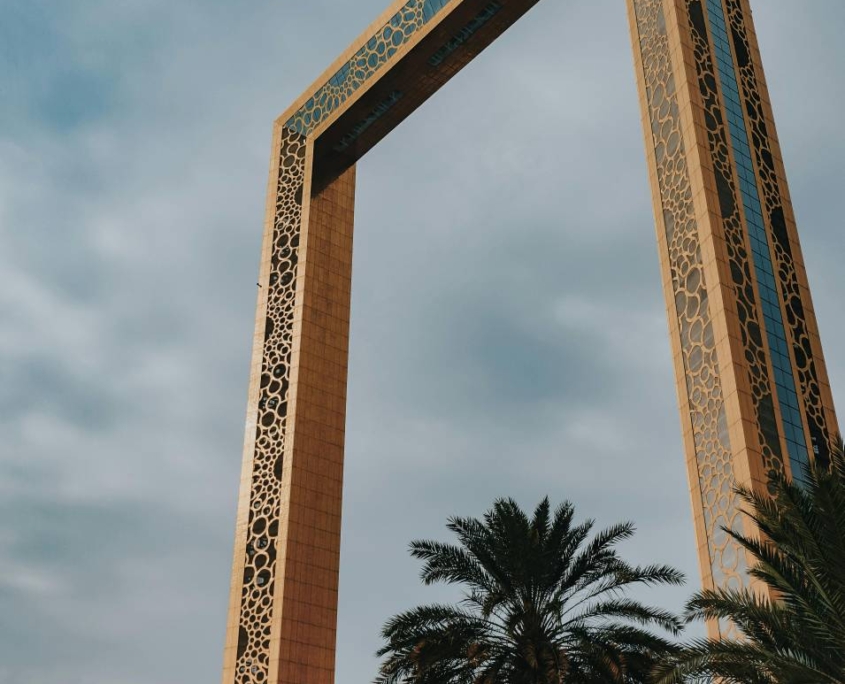
Why Allocate to Alternative Investments in the GCC?
The case for allocating a portion of a portfolio to alternative investments is stronger than ever, particularly within the GCC context.
-
Diversification and Non-Correlation: Alternatives often have a low correlation to public markets, providing a crucial buffer during periods of stock market volatility and enhancing portfolio resilience.
-
Access to High-Growth Sectors: Many of the most exciting companies driving the region’s economic diversification—in fintech, renewable energy, and biotech—are privately held. Alternative investments are the primary vehicle for accessing this growth before companies go public.
-
Potential for Enhanced Returns: While carrying higher risk, private markets have historically delivered a return premium over public markets, known as the “illiquidity premium,” compensating investors for locking up capital.
-
Inflation Hedging: Real assets like infrastructure and real estate often have cash flows linked to inflation, providing a natural hedge against rising prices.
Mapping the Ecosystem: Key Sectors for Alternative Investments
Capital is flowing strategically into sectors critical to the Gulf’s post-hydrocarbon future.
1. Private Equity and Venture Capital
The PE and VC landscape is booming. According to data from MAGNiTT, venture funding in the MENA region has seen consistent annual growth, with a significant portion focused on the GCC.
-
Venture Capital: Investing in early-stage startups, particularly in fintech, e-commerce, edtech, and healthtech within hubs like Dubai, Abu Dhabi, and Riyadh.
-
Growth Private Equity: Providing capital to more mature, scaling companies to fund expansion, acquisitions, or market entry.
-
Buyouts: Acquiring controlling stakes in established companies to optimize operations and drive value.
2. Real Assets: Real Estate and Infrastructure
This category involves investing in physical, tangible assets.
-
Commercial Real Estate: Investments in logistics warehouses, data centers, and healthcare facilities, driven by regional economic growth and digitalization.
-
Sustainable Infrastructure: Direct investment or fund exposure to projects in renewable energy (solar, green hydrogen), water desalination plants, and transportation networks. A report by PwC Middle East highlights infrastructure as a key pillar for GCC growth.
-
Real Estate Investment Trusts (REITs): Listed on regional exchanges, REITs offer a more liquid way to gain exposure to income-generating real estate portfolios.
3. Private Credit and Direct Lending
With traditional banks sometimes constrained by regulation, private credit has emerged as a critical source of capital for businesses.
-
Direct Lending: Providing loans directly to mid-market companies for acquisitions, growth, or refinancing.
-
Mezzanine Debt: A hybrid of debt and equity financing that offers higher yields in exchange for higher risk.
Navigating the Due Diligence Process
Investing in alternative investments requires a rigorous due diligence framework, especially in a developing market.
-
General Partner (GP) Assessment: Scrutinizing the track record, team expertise, and investment thesis of the fund manager. How did they perform during previous downturns?
-
Legal and Regulatory Structure: Understanding the fund’s domicile (often DIFC or ADGM) and the legal protections afforded to investors.
-
Fee Transparency: Clearly understanding the fee structure, including management fees and performance fees (“carried interest”).
-
Exit Strategy: Evaluating the GP’s realistic plan for exiting investments and returning capital to investors, typically through a sale or IPO.
How to Access Alternative Investments in the Gulf Region
For qualified investors, there are several pathways to gain exposure:
-
Direct Investment: Suitable only for the largest institutional investors or family offices with dedicated internal teams.
-
Fund-of-Funds: An investment vehicle that invests in multiple PE or VC funds, providing instant diversification across managers and sectors.
-
Co-Investment Rights: The opportunity to invest directly alongside a lead GP in a specific deal, often with reduced fees.
-
Platforms and SPVs: Using a special purpose vehicle to pool capital with other investors for a specific investment opportunity.
The Role of a Wealth Manager in Alternative Allocations
A skilled wealth management advisor is crucial for navigating this complex arena. They can:
-
Source Pre-Vetted Opportunities: Provide access to top-tier fund managers and exclusive deals.
-
Conduct Due Diligence: Perform the deep analysis required to assess opportunities.
-
Manage Portfolio Construction: Determine the optimal allocation to alternatives within a total portfolio, balancing risk, return, and liquidity needs.
-
Handle Administration: Manage the intricate paperwork and capital call processes associated with private investments.
Conclusion: Building a Modern Portfolio with Alternatives
The maturation of the alternative investments ecosystem in the Gulf region represents a significant opportunity for sophisticated investors. By strategically allocating to private equity, real assets, and private credit, investors can not only enhance returns and diversification but also participate directly in the transformative economic growth story of the GCC. In 2025, a well-constructed portfolio that ignores this dynamic asset class is likely leaving potential—and protection—on the table.
Disclaimer: This article is for informational purposes only and does not constitute an offer to sell or a solicitation of an offer to buy any security. Alternative investments are complex, speculative, and carry a high degree of risk, including the potential for loss of the entire investment. They are illiquid and intended for long-term investment by sophisticated, qualified investors. Past performance is not indicative of future results. You should consult with a qualified financial advisor and conduct your own due diligence before making any investment decisions.
Read more:

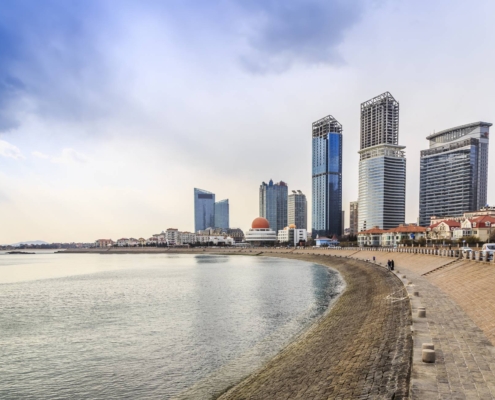 Freepik
Freepik Photo by Denys Gromov: https://www.pexels.com/photo/dubai-marina-under-blue-sky-4471200/
Photo by Denys Gromov: https://www.pexels.com/photo/dubai-marina-under-blue-sky-4471200/